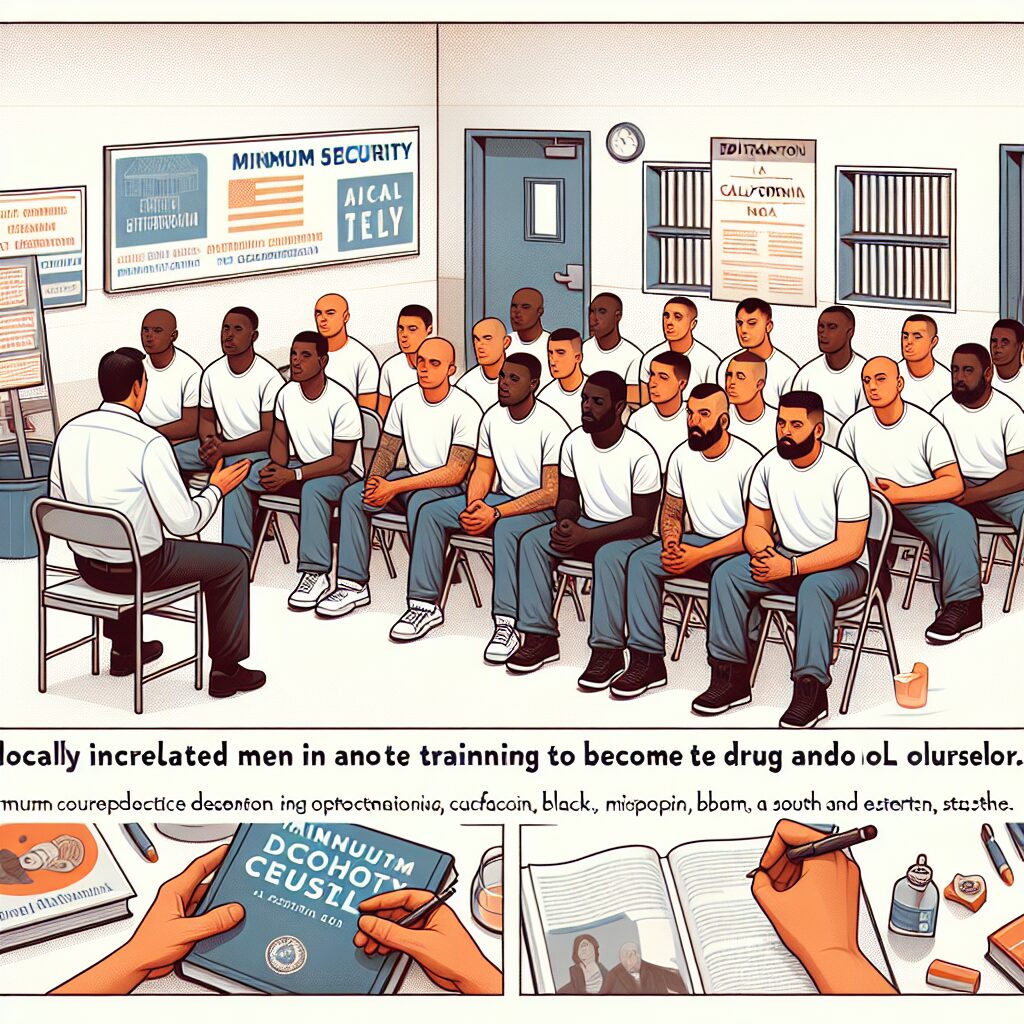Inmates Gain Skills Through Counseling Program
Inmates at the California Men’s Colony (CMC) are engaging in a transformative program designed to train them as drug and alcohol counselors. This initiative not only aims to equip participants with valuable skills but also seeks to foster a supportive environment for fellow inmates struggling with addiction. By becoming certified counselors, these individuals are preparing for a future where they can contribute positively to society upon their release.
The program is structured to provide comprehensive training that includes both theoretical knowledge and practical skills. Participants learn about the complexities of addiction, effective counseling techniques, and the importance of empathy and support in recovery. This training is crucial as it empowers inmates to help others while also promoting their own rehabilitation.
Program Objectives and Benefits
The primary objectives of the drug and alcohol counseling program at CMC are to enhance the rehabilitation process for inmates and to reduce recidivism rates by fostering a sense of responsibility and purpose. Inmates who participate in this program are not only working towards personal growth but are also given the tools to assist their peers in overcoming addiction challenges.
- Participants undergo training to become certified drug and alcohol counselors.
- The program focuses on addiction recovery and support strategies.
- Inmates learn practical skills that can aid in their reintegration into society.
- Empathy and communication are key components of the training.
- Successful completion may lead to job opportunities in the counseling field post-release.
Future Implications for Participants
The impact of this program extends beyond the walls of the California Men’s Colony. By equipping inmates with counseling skills, the initiative aims to create a ripple effect that benefits the broader community. As these individuals prepare for reintegration, their ability to support others struggling with addiction can play a crucial role in reducing the stigma associated with substance abuse and fostering a more understanding environment.
Moreover, the skills learned through this program can lead to job opportunities in the mental health and counseling sectors, providing a pathway for former inmates to build stable lives post-incarceration. The emphasis on personal responsibility and community support is expected to contribute positively to public safety and overall community well-being.
As the program continues to develop, it is anticipated that more inmates will take part, further expanding the network of support available to those in need of addiction recovery services within the prison system and beyond.
Source: Original article


Comments are closed